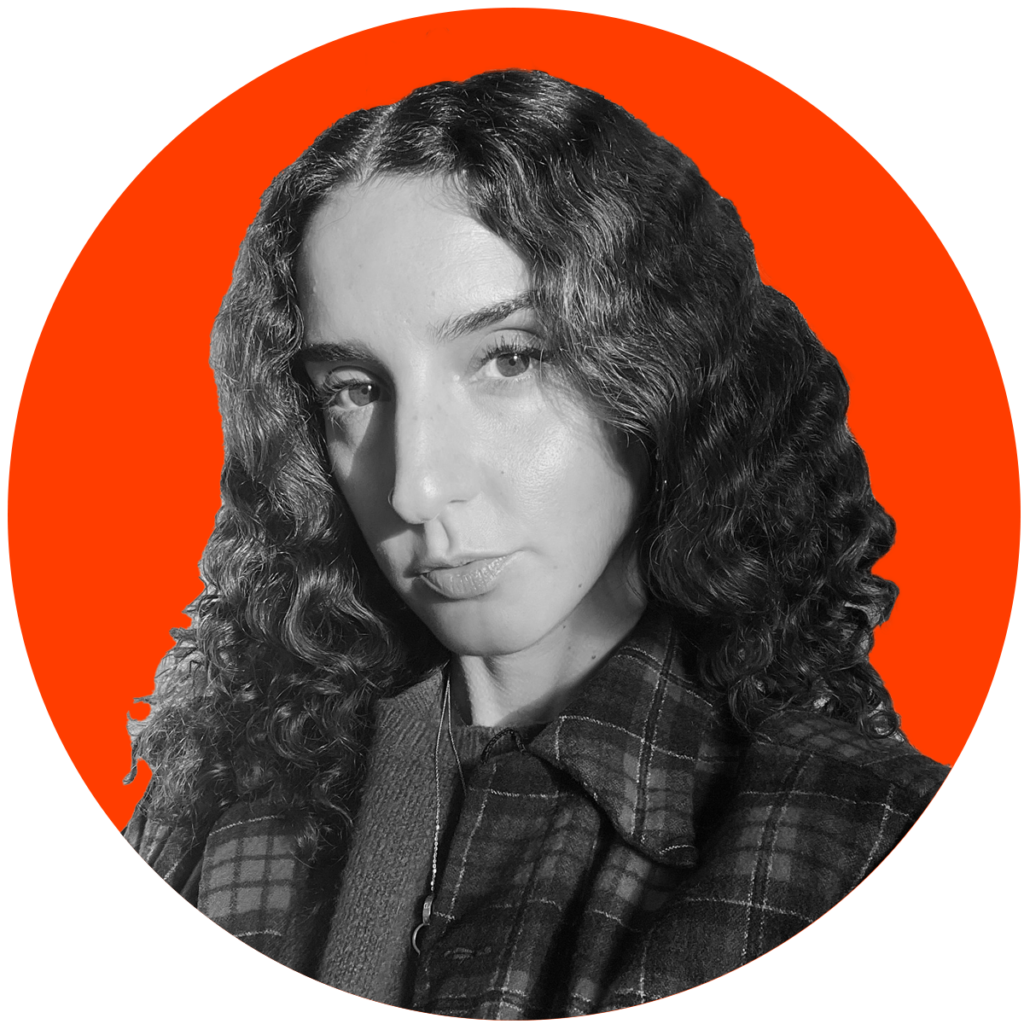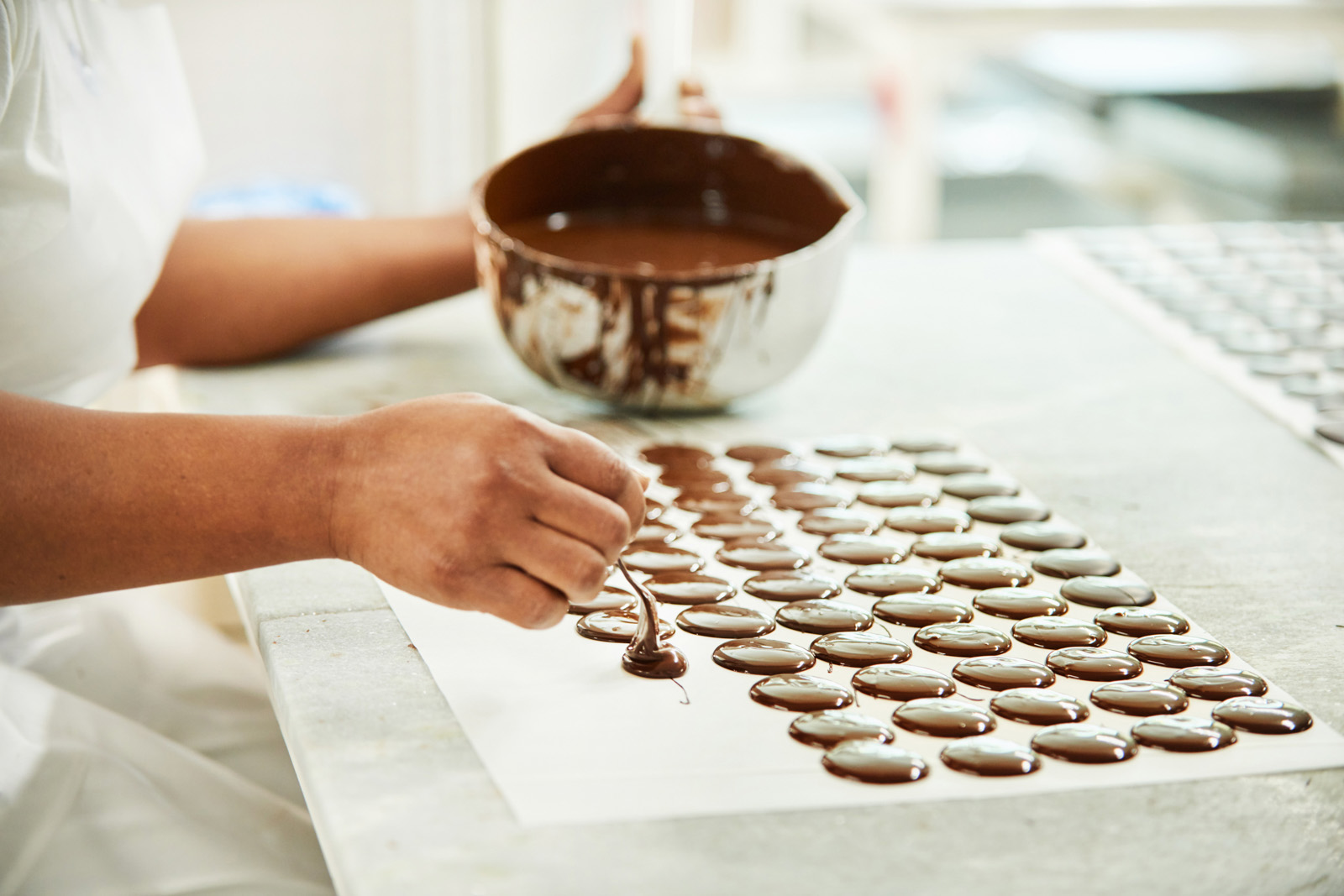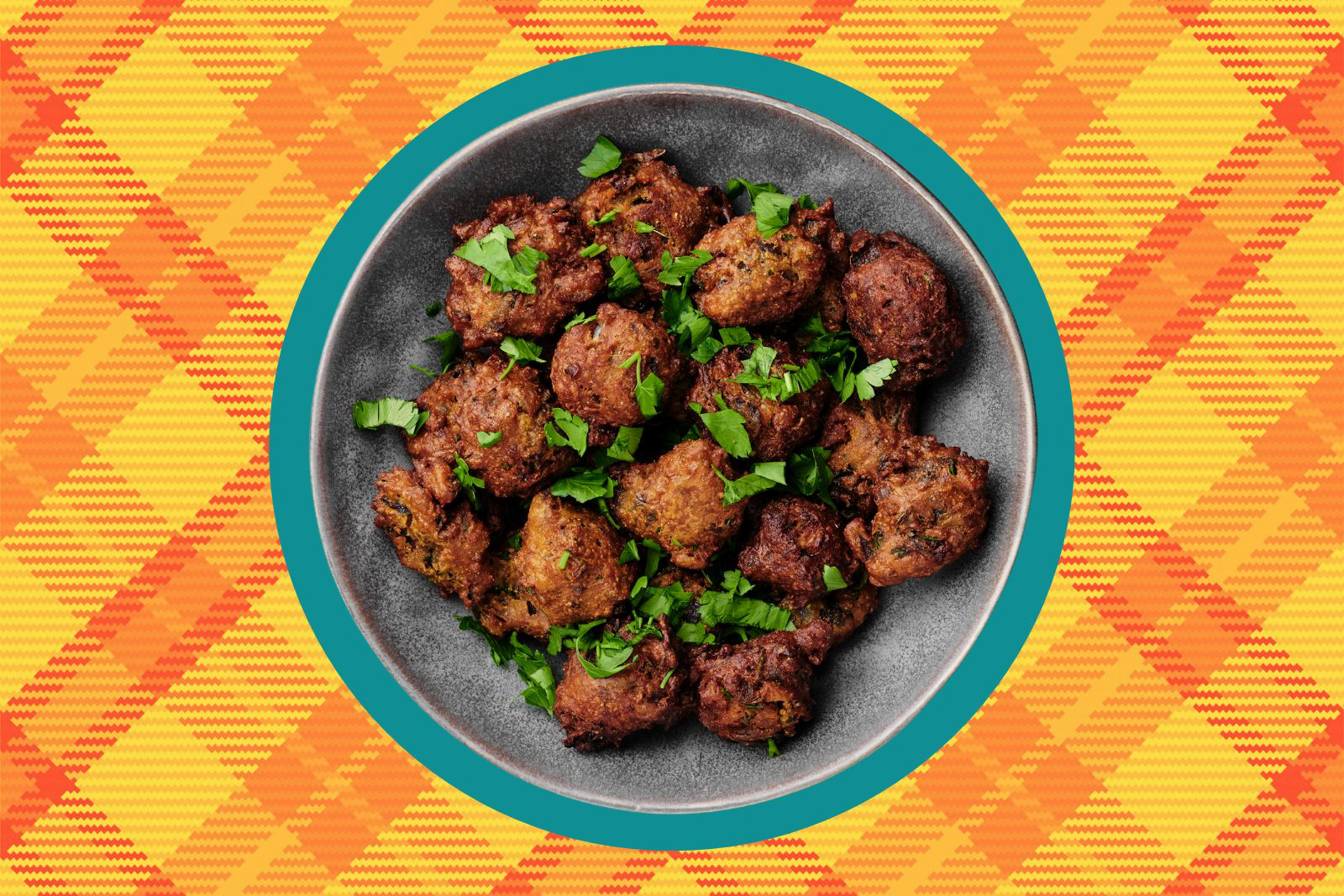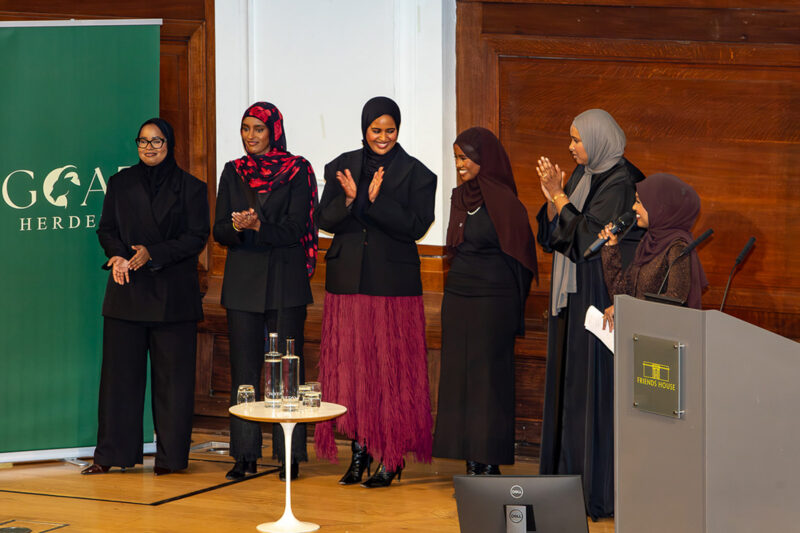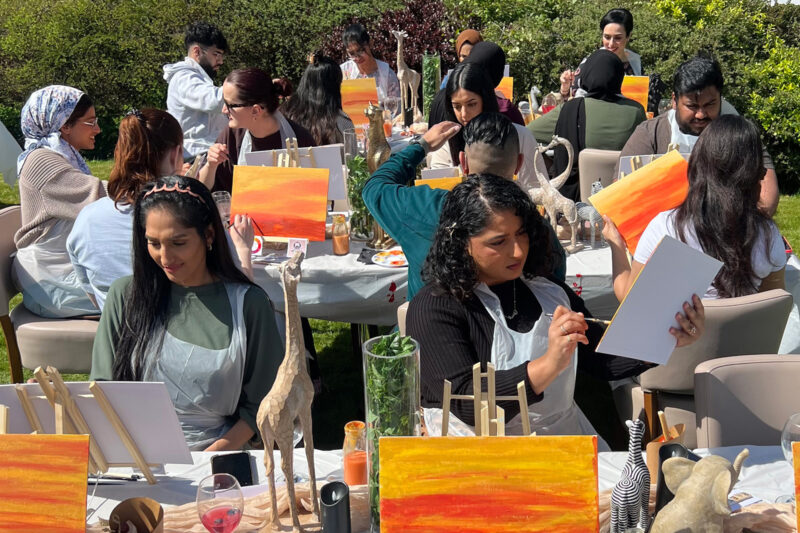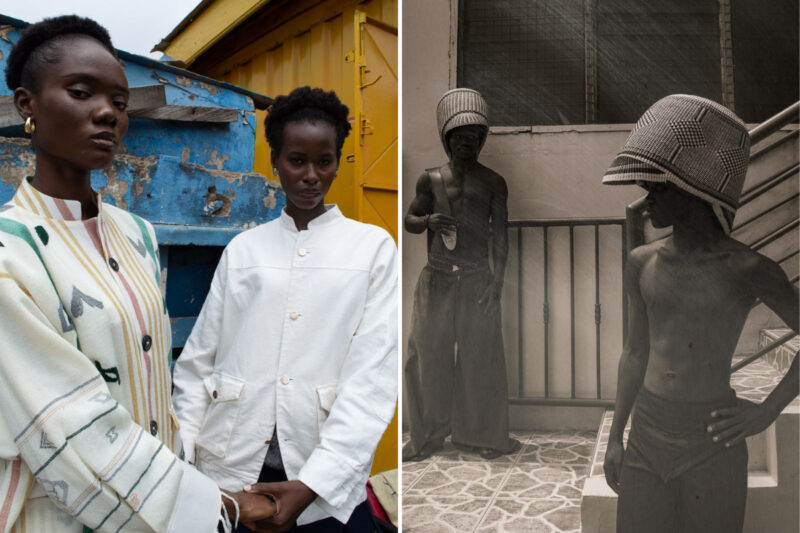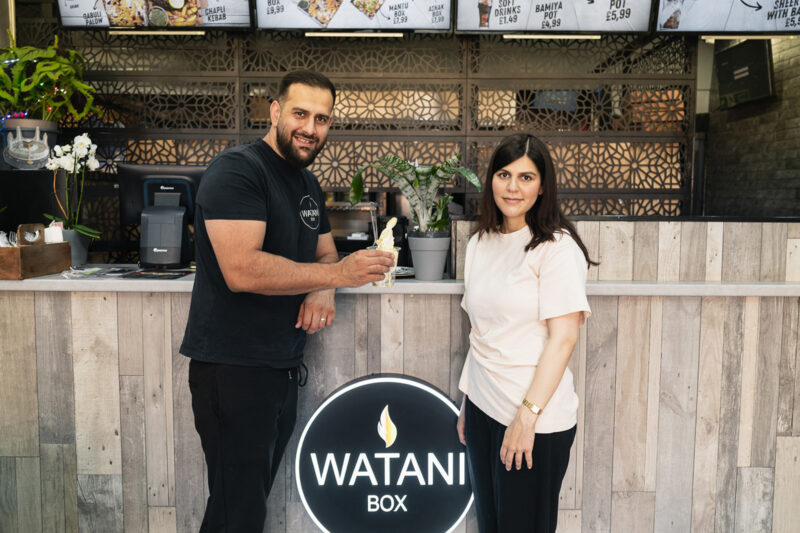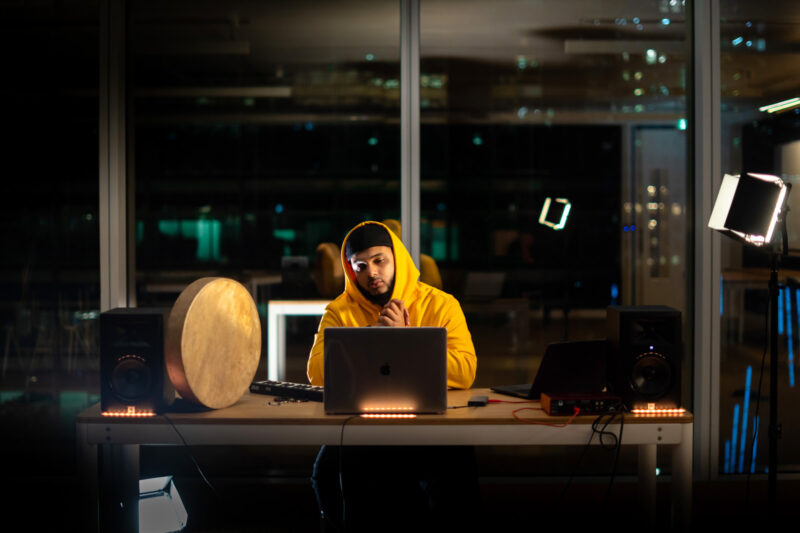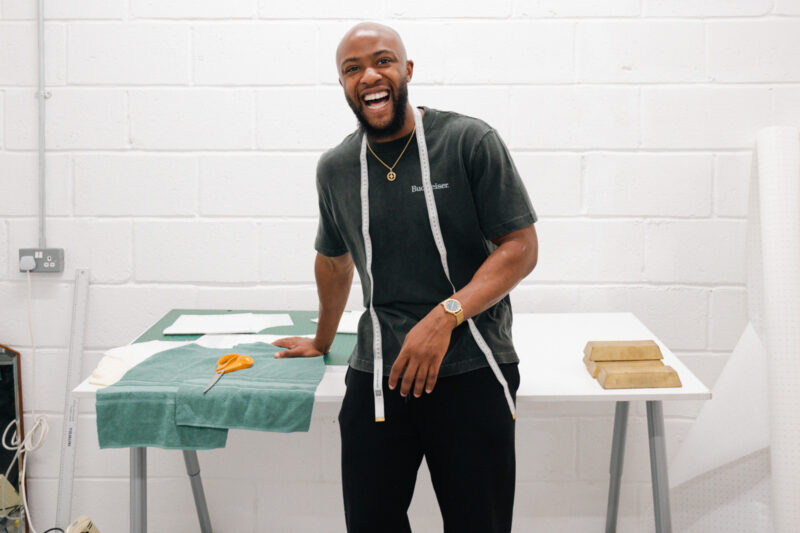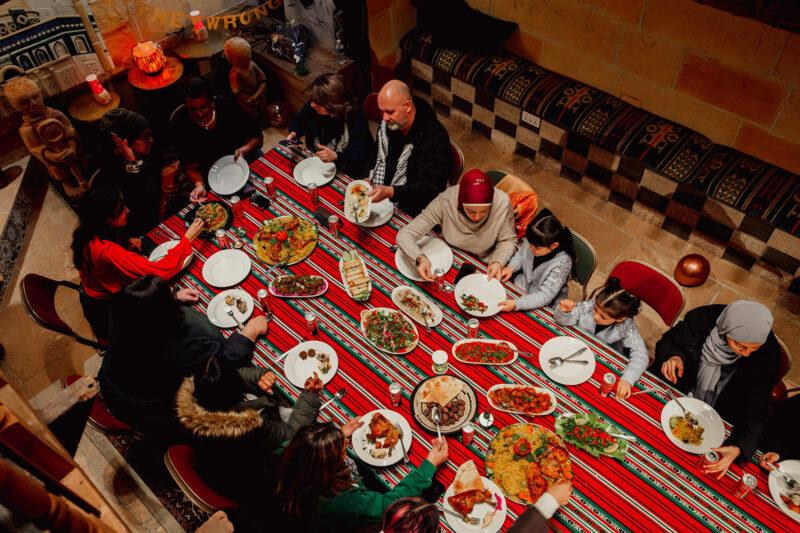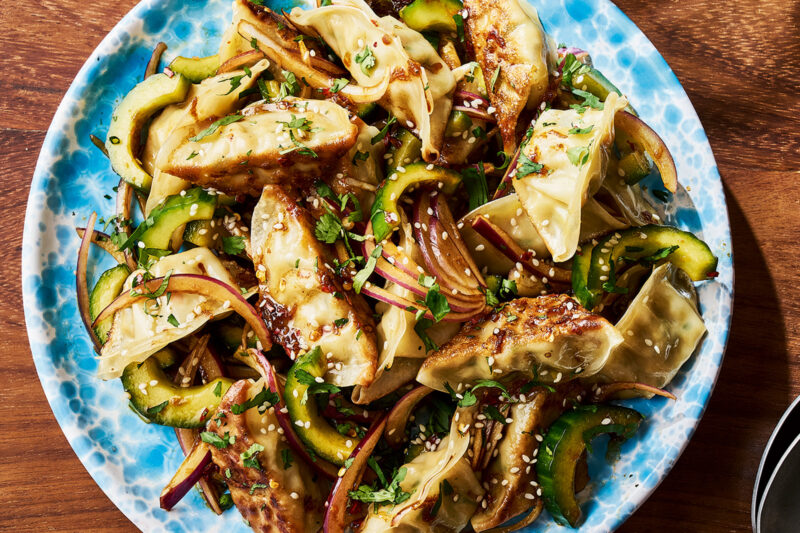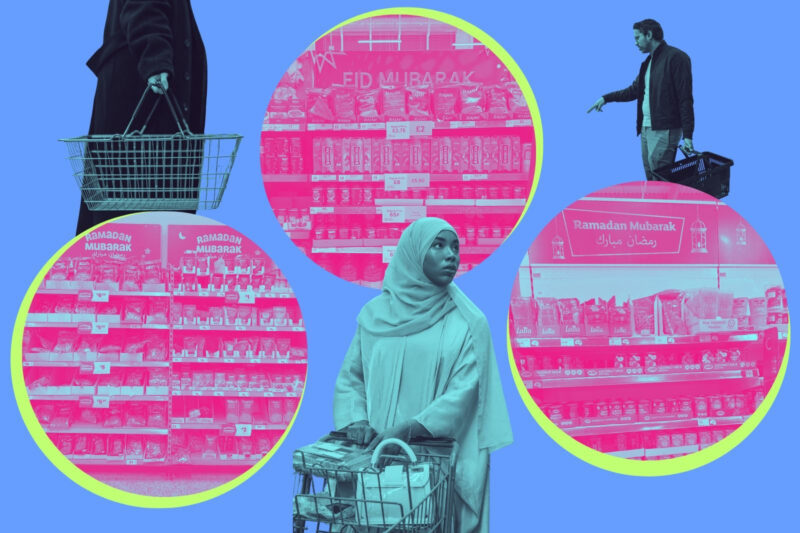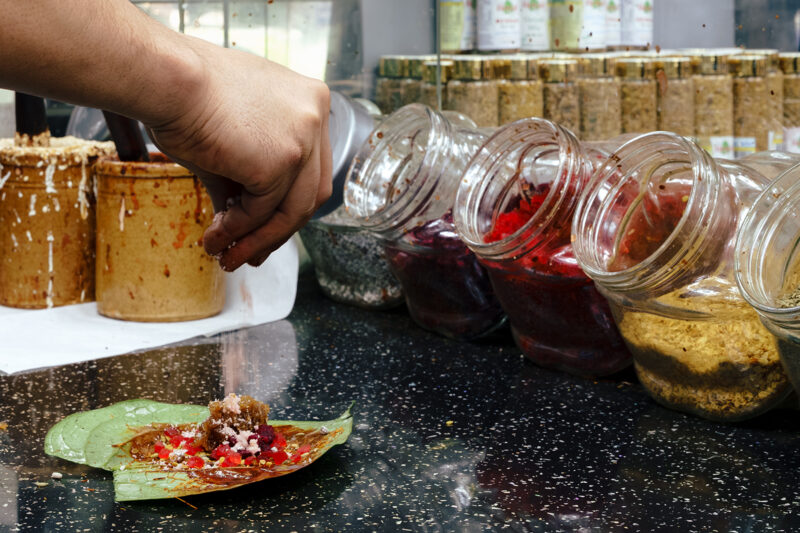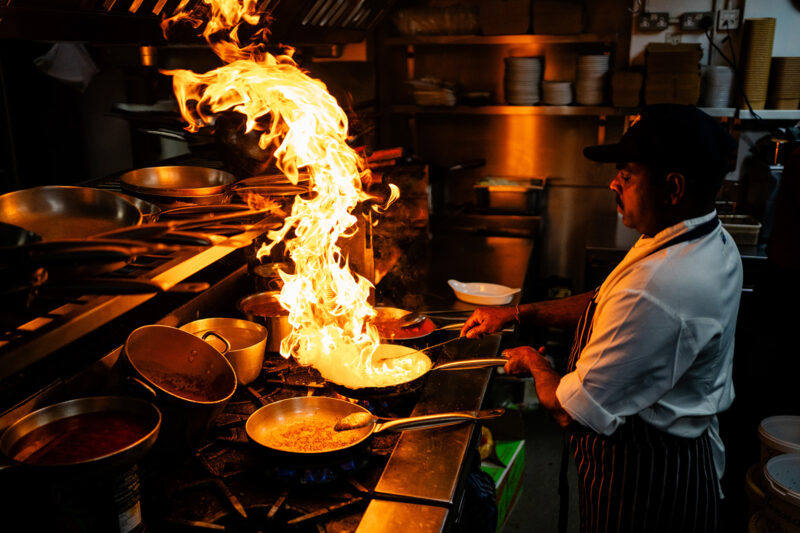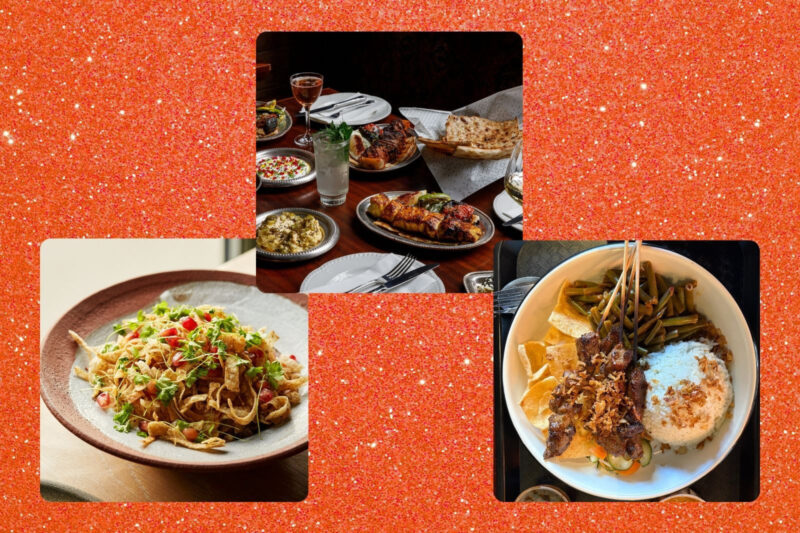The Muslim-owned cafes perking up hipster coffee culture
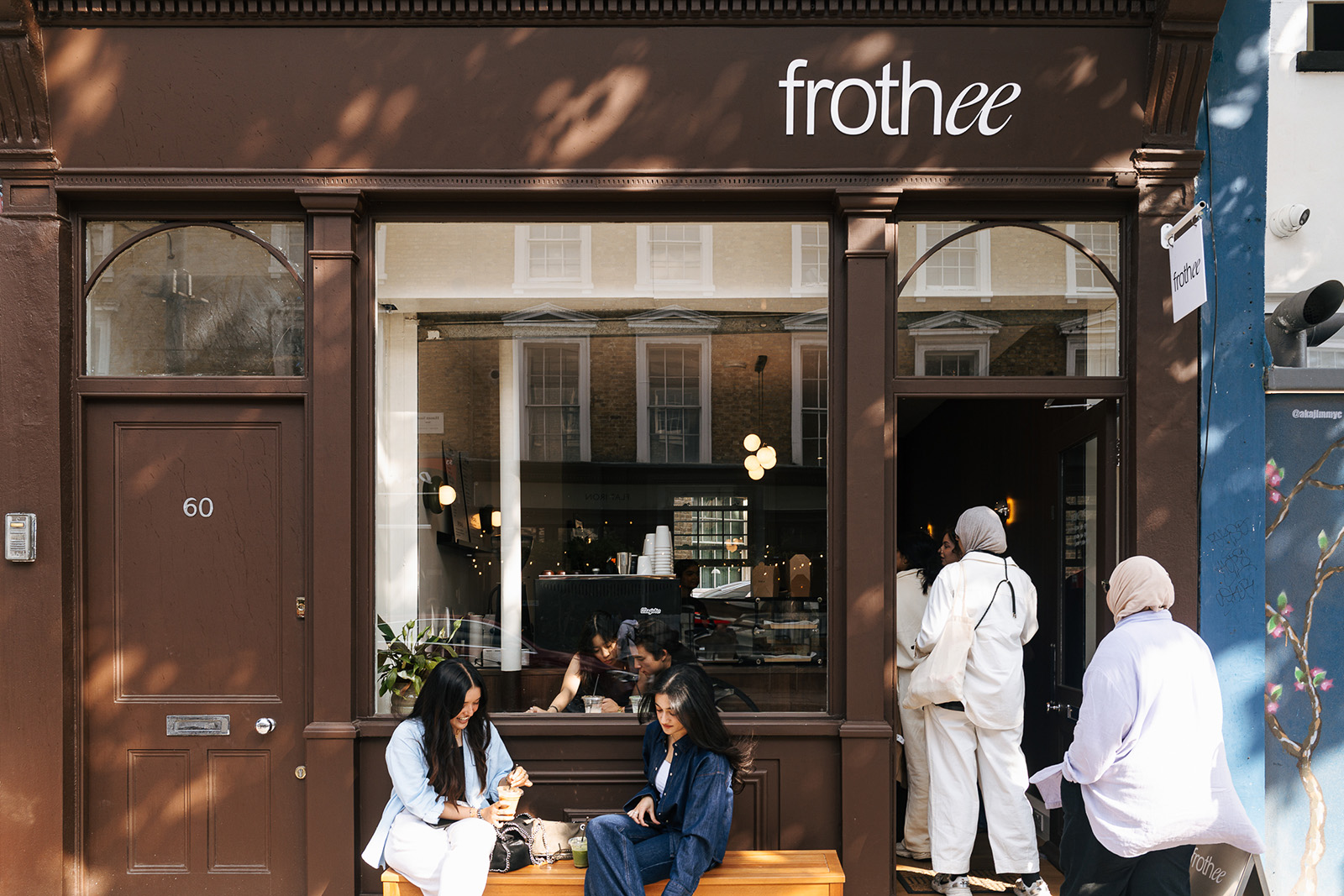
New establishments are popping up across London. They’re inclusive and provide an antidote to the city’s snobby coffee scene
It’s an overcast spring afternoon and I’m sitting on a bench outside a new coffee shop in north London, waiting for the rush to die down so I can speak to Hanife Hursit, half of the father-daughter duo behind Frothee. Hanife and her dad Ram opened the doors of their family business in Caledonian Road in April, but it is already a TikTok sensation.
The drink options are what you would expect to find at any coffee shop worth its salt, but specialty orders such as salted vanilla einspanner lattes and earl grey matcha are the main draw — and unlike Gen Z favourite Blank Street Coffee nearby, the matcha is hand-whisked to order.
The wait might be longer, but the difference in quality is evident. “This is probably my favourite matcha so far,” says a student sitting beside me as she takes her first sip. Her friends murmur in agreement and photograph their drinks.
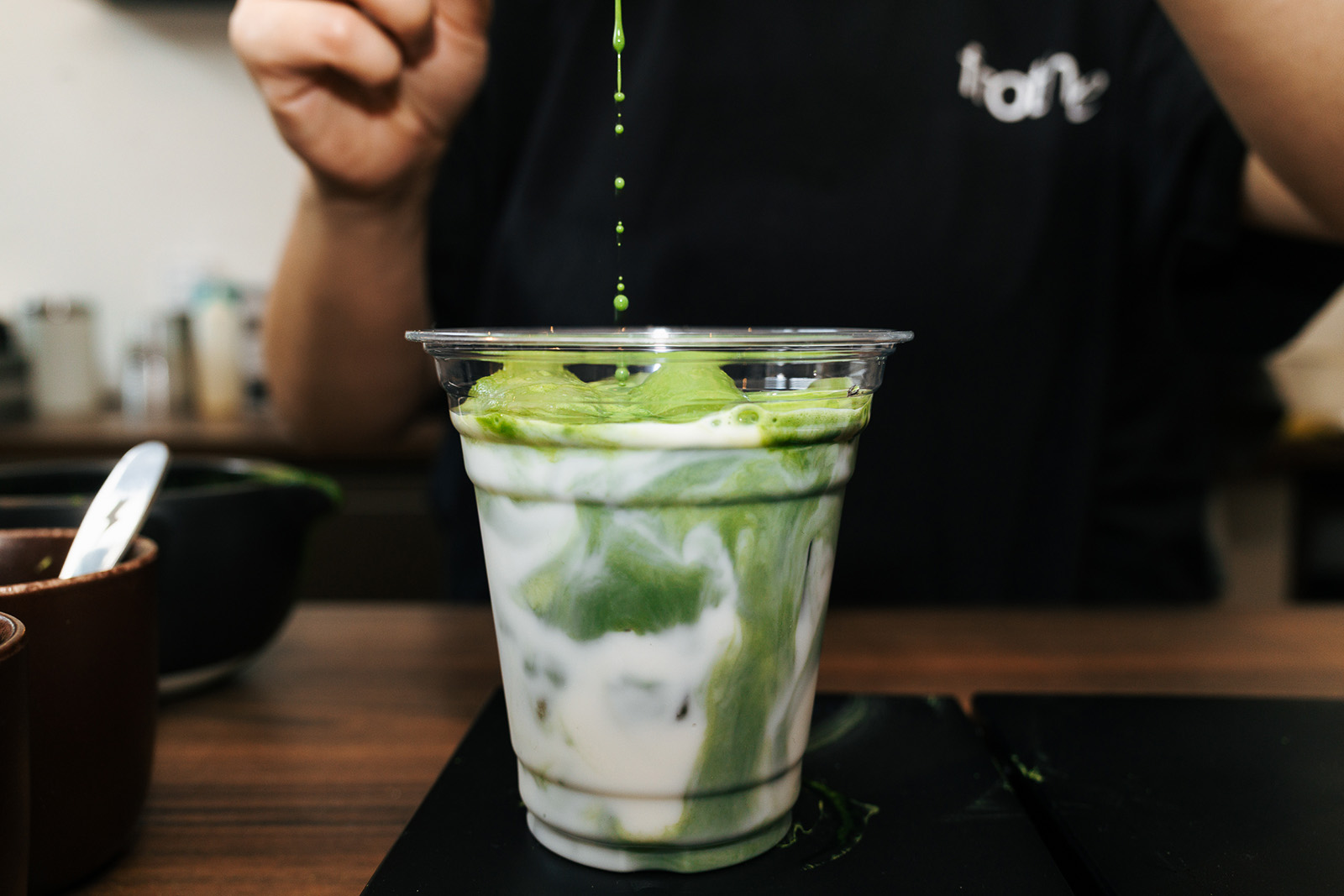
Ever since the third-wave coffee takeover of the mid 2000s, coffee culture has largely been defined by Antipodean flat whites, mustachioed hipster baristas and a disdain for anything you can find at Starbucks or Caffé Nero — generic “crowd pleaser” beans, flavoured syrups, whipped cream.
But a shift has slowly been taking place, particularly among young Muslims looking for spaces that don’t serve alcohol in which to socialise with their friends. EL&N, famous for its flower walls and colourful drinks, was founded in London in 2017 by US-born Alexandra Miller after she noticed a gap in the market for “a safe space that was both really Instagrammable, but also open late and somewhere people can just chill without feeling the need to drink”. Although she is Christian, Miller’s cafes have become a favourite among Muslims, with locations from St Pancras International to Dubai.
In contrast to most third-wave cafes, which close their doors at 4pm, the new generation of coffee shops owned by or, in the case of EL&N, popular with young Muslims are open late into the evening, mirroring a more southern European or Middle Eastern cafe culture. “I wanted to create a space that people could come to after work or after dinner,” says Hanife of the decision to keep serving until 8pm. “I love coffee culture. It’s always been a very social thing for me, and I wanted to bring something that I would want to the market.”
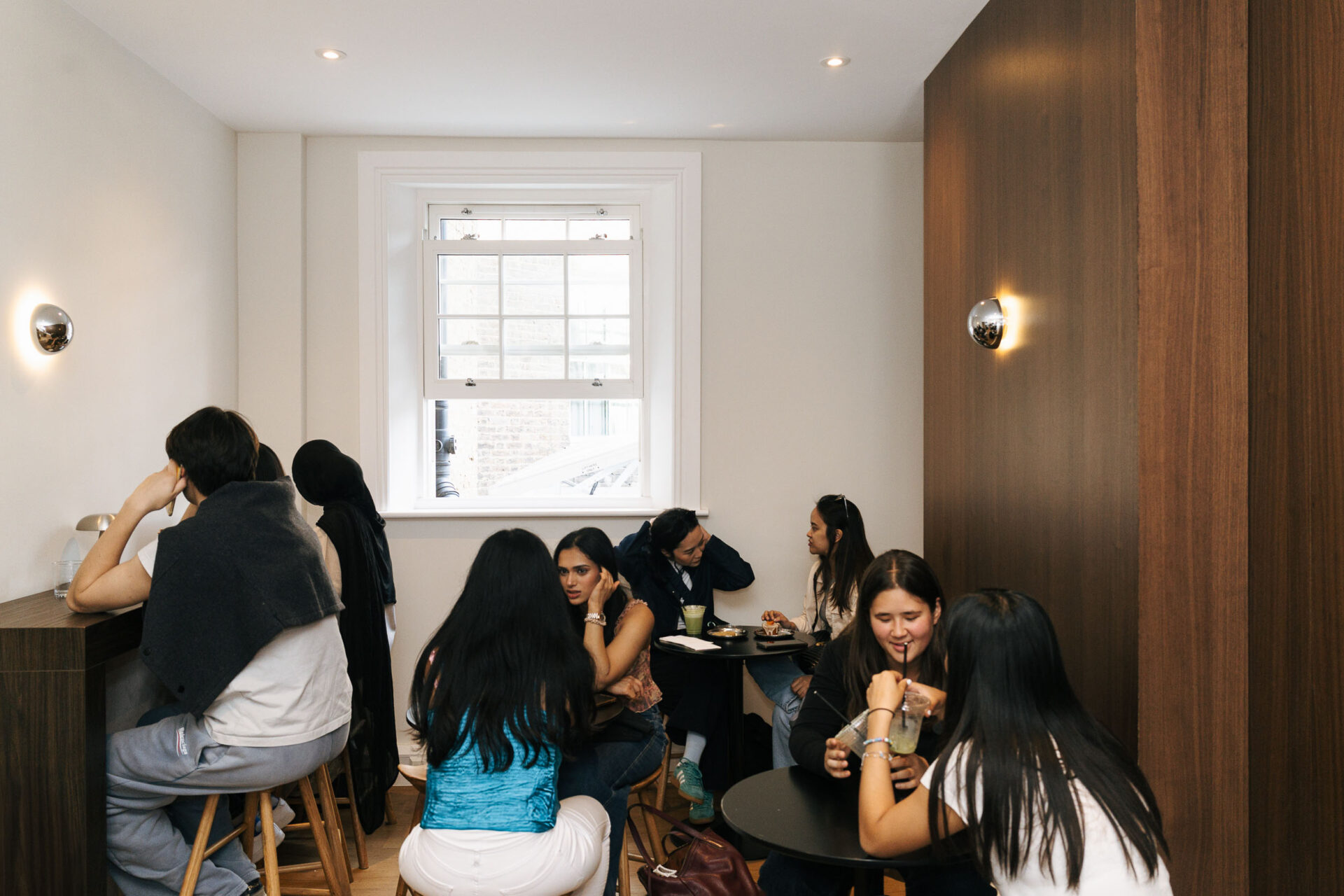
Hailing from a Turkish-Cypriot background and a family of coffee lovers, Hanife, 25, spent her childhood hanging out at her dad’s greasy spoon on the Isle of Dogs, east London. The business eventually closed and Ram spent the past decade working as a taxi driver while planning a return to hospitality. When Hanife fell in love with matcha a few years ago, they decided to open a cafe together.
“He’s got his years of experience in catering and I’ve got my knowledge of social media and our target demographic,” says Hanife.
She carefully crafted the cafe’s menu through a combination of online research, travelling and follower feedback. “When I initially made our page, I asked people what their favourite drinks were and actually changed some of the things on the menu based on their suggestions. Take the dirty matcha — I wouldn’t personally drink that, but they really like it,” she says. Hanife estimates that out of every 10 drinks she makes, nine are matchas.
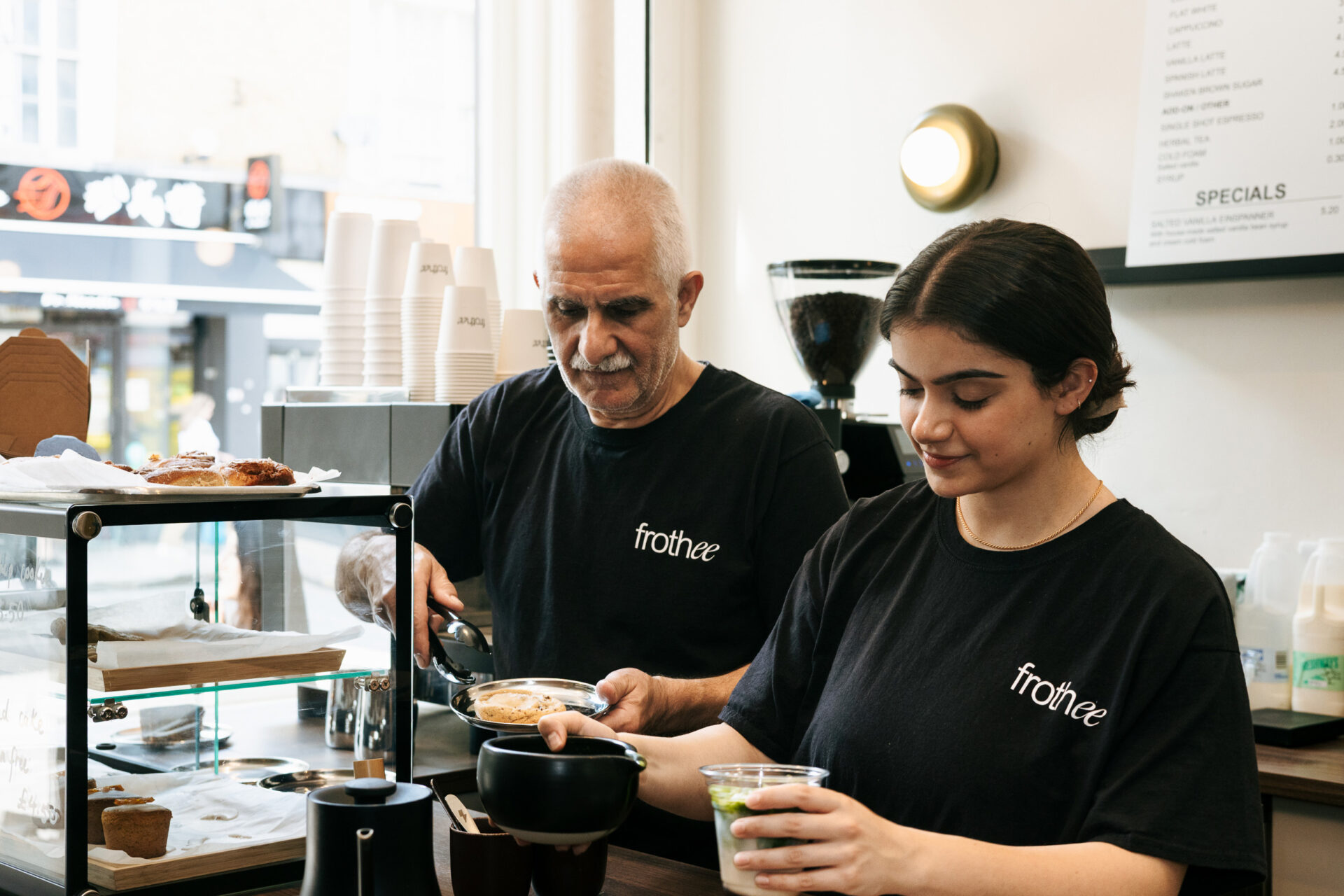
Atom Coffee, another Muslim-owned coffee shop offering dessert-inspired drinks, opened in March. Located in Acton, west London, it has become a destination for young people who have seen its “Dream matcha” — a special drink made in collaboration with Muslim podcasters Diary Room. On Thursday to Sunday, the cafe opens at 8pm to 11pm for Atom Nights, a welcome halal alternative to shisha lounges for young Muslims looking to socialise in the evening.
“People have been travelling all the way from east and south London to try our desserts, and our strawberry cold foam,” says manager Nabeel Hussein, who opened the business alongside two family friends. He is keen to impress that despite their social media presence, Atom is at heart a specialty coffee shop, a point he illustrates by bringing over two different jars of coffee beans and guiding me through a blind smell test.
Also in Acton is The Coffee House, a welcoming mix of Parisian bistro and early Starbucks, with exposed brickwork, red and white paint and colourful cushions. It immediately feels like the antidote to the sterile and uncomfortable wooden plank aesthetic that has come to define the modern coffee shop. The neighbourhood cafe is a second home for many of its clientele, many of whom are on first-name terms with owner Rifat Awan, who took over the premises in 2023, following a career in social work.
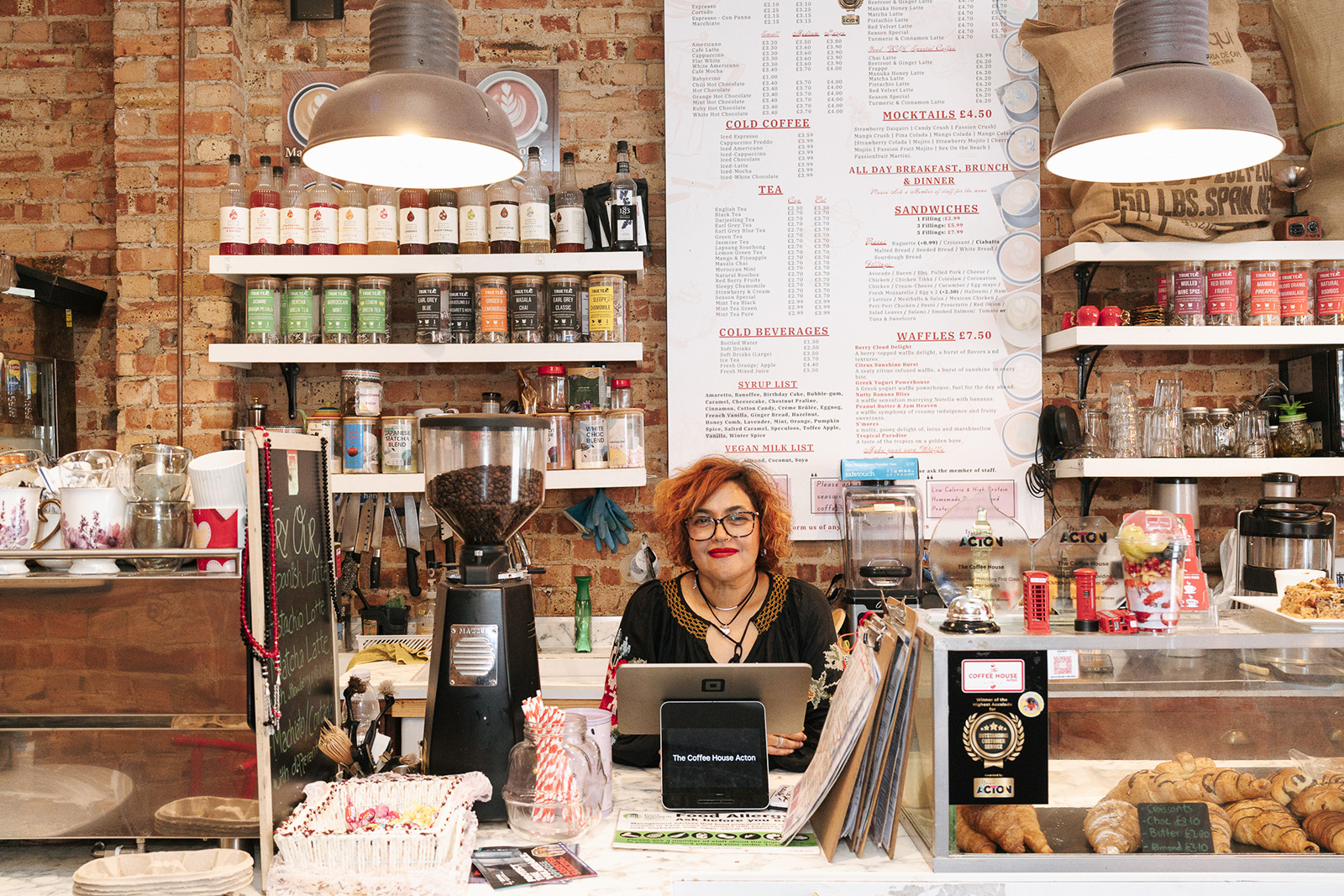
“I’ve consciously created a very community-based environment,” says Awan, who has worked hard to integrate herself into the neighbourhood and enjoys a close relationship with many of the other businesses in the area. Sabiib, a nearby Somali restaurant, sends customers her way for a coffee when it has a long queue. “That’s what I really wanted; a place which is not run of the mill, but something different,” says Awan.
Other than their colourful drink offerings and evening opening hours, what all these cafes have in common is an inclusive customer base. During the hour I spent in The Coffee House I saw retired actors ordering takeaway flat whites, teenage girls sipping decaf oat milk pistachio iced lattes, freelancers working on their laptops, an older gentleman reading a newspaper, and two young Somali men talking stocks while asking if the chai lattes came pre-sweetened. In a coffee culture too long defined by snobby “death before decaf” signs, with this new wave of cafes everyone is welcome — and the coffee is really good, too.
 Newsletter
Newsletter

